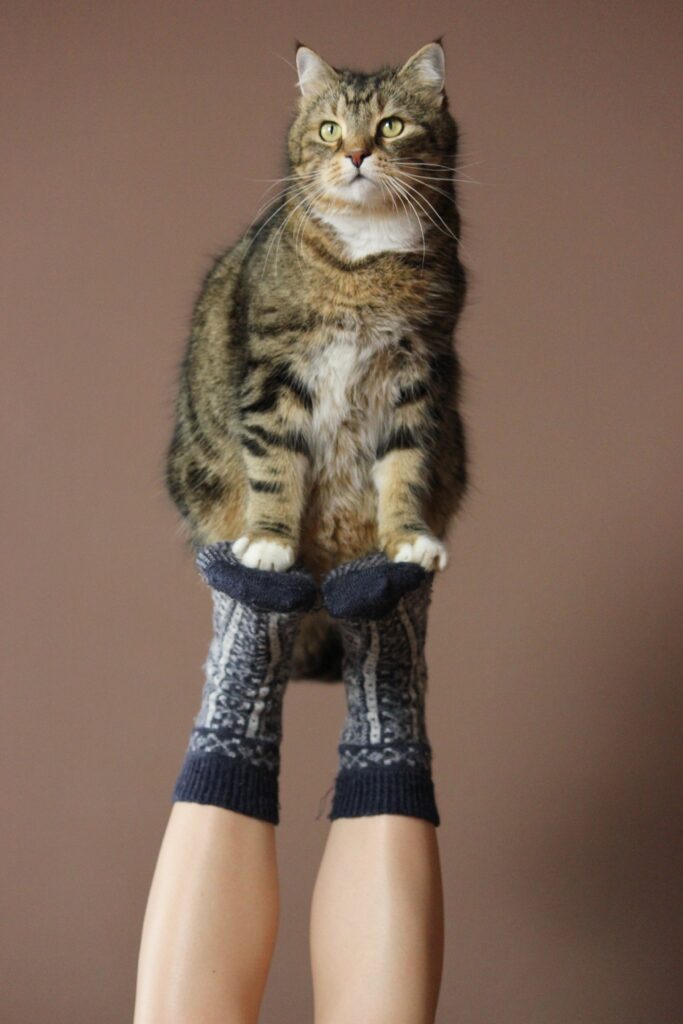
Papillomas in horses
Papillomas, also known as warts, are a common viral skin disease in horses. They are caused by the equine papillomavirus (EPV), which is highly contagious and can be transmitted between horses through direct contact or contaminated equipment. While papillomas are not usually a serious health concern, they can be unsightly and can cause discomfort or irritation for the horse.






